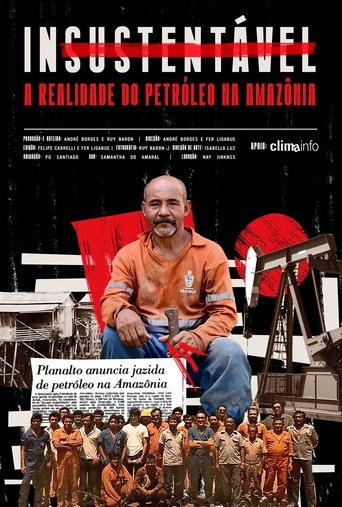

Insustentável: a realidade do petróleo na Amazônia
No overview found
America is addicted to oil. President George Bush said so… and now that phrase is echoed everywhere. But are we really “addicted”? Our daily lives are dripping in oil. It’s in virtually everything we use and fuels everything we do. To be sure, it is something to worry about. Are we going to run out? Aren’t we fighting wars for oil? But, if we do slow the flow, how will that change the way we live? When it comes to what we’re told about oil, there’s rhetoric and then there’s reality. Who can we believe? The media? Politicians? Environmental activists? You’d be surprised. For nearly ten years, journalist turned media analyst MARK MATHIS has studied our use of oil. And what he found shocked him so thoroughly that he made a movie about the misinformation, distortions and even outright lies about oil. We do have an “oil problem” in America (and the world), but it’s not what you’ve been told. So, it’s time to Fill Up on Truth… for a change.
Drug Dealer


No overview found

29 Apr 2016

Disobedience tells the David vs. Goliath tale of front line leaders battling for a livable world. Filmed in the Philippines, Turkey, Germany, Canada, Cambodia and the United States, it weaves together these riveting stories with insights from the most renowned voices on social justice and climate. Disobedience is personal, passionate and powerful - the stakes could not be higher, nor the mission more critical.

14 Nov 2008

Record high oil prices, global warming, and an insatiable demand for energy: these issues define our generation. The film exposes shocking connections between the auto industry, the oil industry, and the government, while exploring alternative energies such as solar, wind, electricity, and non-food-based biofuels.

15 Mar 2024

Wisconsin's tribe's ongoing fight to protect Lake Superior for future generations. "Bad River" shows the Bad River Band of Lake Superior Chippewa's long history of activism and resistance in the context of continuing legal battles with Enbridge Energy over its Line 5 oil pipeline. The Line 5 pipeline has been operating on 12 miles of the Bad River Band's land with expired easements for more than a decade. The Band and the Canadian company have been locked in a legal battle over the pipeline since 2019.
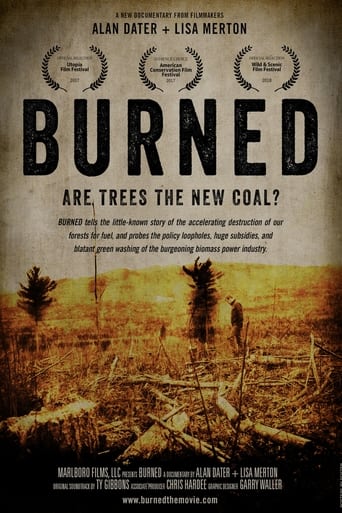
30 Apr 2021

The little-known story of the accelerating destruction of our forests for fuel - the policy loopholes, huge subsidies, and blatant green washing of the burgeoning biomass electric power industry.
07 Mar 2025
Documentary film about the path to Lithuania's energy independence.
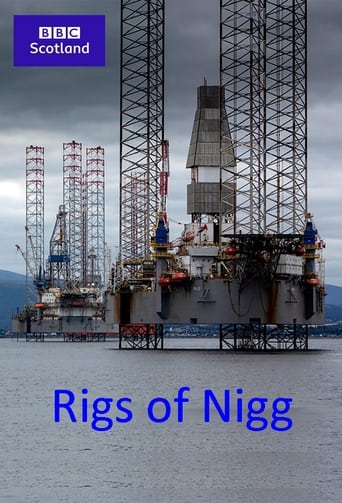
17 Aug 2021

It is the early 70s, and oil has been discovered in the North Sea. The UK needs rigs and needs them fast. Their search for a location to build the platforms settles on the sleepy Highland bay of Nigg on the Cromarty Firth, and a way of life is changed for ever.

22 Dec 1953

A story of the exploits carried out by the oil technicians of Baku for the exploitation of the black gold deposit of the Caspian Sea.

11 Aug 2023

The cultural roots of coal continue to permeate the rituals of daily life in Appalachia even as its economic power wanes. The journey of a coal miner’s daughter exploring the region’s dreams and myths, untangling the pain and beauty, as her community sits on the brink of massive change.
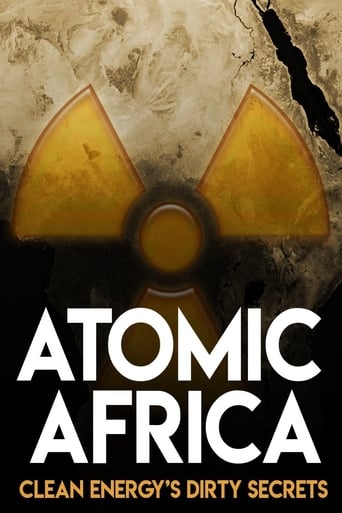
06 Jun 2013

Africa's development is being held back by poor infrastructure and undersized power plants. Countries like Uganda can only produce only 1/4 of the energy needed, leading to daily power cuts with disastrous economic impacts. It's a golden opportunity for nuclear giants who lobby aggressively for more power plants in Africa. But how safe are these new reactors? And what do they mean for the locals?
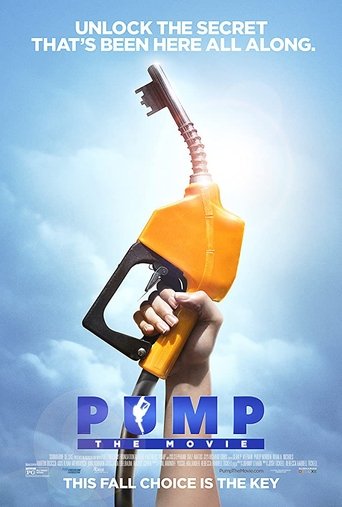
19 Sep 2014

PUMP is a documentary that tells the story of America’s addiction to oil, from its corporate conspiracy beginnings to its current monopoly today, and explains clearly and simply how we can end it — and finally win choice at the pump. Today, oil is our only option for transportation-fuel at the pump. Our exclusive use of it has drained our wallets, increased air pollution and sent our sons and daughters to war in faraway lands. PUMP shows how, through the use of a variety of replacement fuels, we will be able to fill up our cars — cheaper, cleaner and American made — and in the process create more jobs for a stronger, healthier economy. Narrated by Jason Bateman and featuring notable experts such as John Hofmeister former President of Shell Oil, and Elon Musk, the CEO of Tesla Motors, PUMP will forever change the way you think about your car — and the fuel that powers it.
12 Nov 2006
CRUDE IMPACT is a powerful and timely story that explores the interconnection between human domination of the planet and the discovery and use of oil. This documentary film exposes our deep rooted dependency on the availability of fossil fuel energy and examines the future implications of peak oil the point in time when the amount of petroleum worldwide begins a steady, inexorable decline.
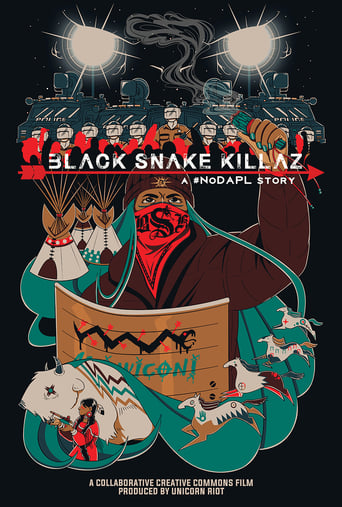
15 Nov 2017

Black Snake Killaz is a feature-length documentary film about the resistance to the Dakota Access Pipeline. This film explores actions taken by water protectors to stop the construction of the oil pipeline and highlights actions taken by law enforcement, military, and corporate mercenaries to quell the months-long protest. Black Snake Killaz timelines the historical events that unfolded in Standing Rock throughout 2016 and brings you the raw experience from many frontline actions to protect the water. Although the Dakota Access Pipeline is completed, the impact of the movement will be long-lasting. As fossil fuel extraction projects continue to impact some of the most vulnerable communities throughout the United States of America, the importance of the water protectors story grows.
01 Jan 1975
Introduction to the oil industry of India in the post-colonial period.

15 Jun 2017

In the heart of the Ariege Pyrenees, Patrick Chêne, a farmer and osteopath, cares for humans and animals with his hands and diphonic song. The vibrations of his singing radiates through the body and acts like an acoustic probe, showing a sensitive world full of invisible energies that make and form life, building our link with Earth and our environment.
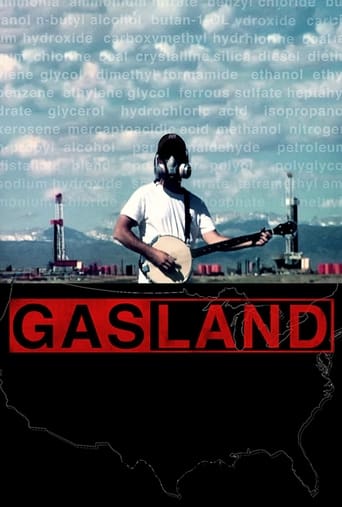
24 Jan 2010

It is happening all across America-rural landowners wake up one day to find a lucrative offer from an energy company wanting to lease their property. Reason? The company hopes to tap into a reservoir dubbed the "Saudi Arabia of natural gas." Halliburton developed a way to get the gas out of the ground-a hydraulic drilling process called "fracking"-and suddenly America finds itself on the precipice of becoming an energy superpower.
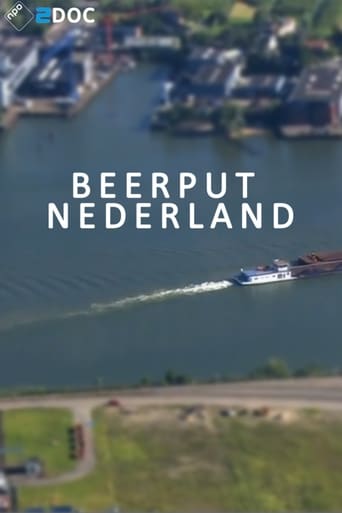
04 Dec 2017

No overview found

05 Aug 2013

JEEPNEY visualizes the richly diverse cultural and social climate of the Philippines through its most popular form of mass transportation: vividly decorated ex-WWII military jeeps. The film follows jeepney artists, drivers, and passengers, whose stories take place amidst nationwide protest against oil price hikes that pressure drivers to work overseas to earn a living, far from their homes for years at a time. Lavishly shot and cut to the rhythm of the streets, JEEPNEY provides an enticing vehicle through which the rippling effects of globalization can be felt.

12 Jan 2004

Since World War II North Americans have invested much of their newfound wealth in suburbia. It has promised a sense of space, affordability, family life and upward mobility. As the population of suburban sprawl has exploded in the past 50 years Suburbia, and all it promises, has become the American Dream. But as we enter the 21st century, serious questions are beginning to emerge...
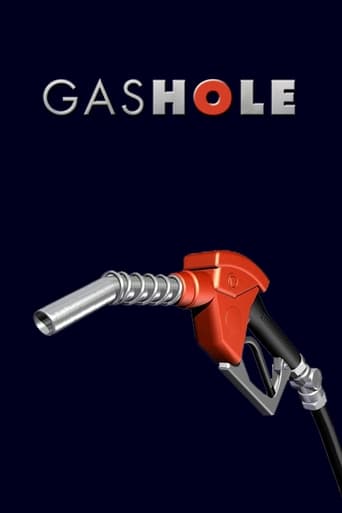
18 Apr 2010

Documentary film about the history of Oil prices and the future of alternative fuels. The film takes a wide, yet detailed examination of our dependence on foreign supplies of Oil. What are the causes that led to America turning from a leading exporter of oil to the world's largest importer?